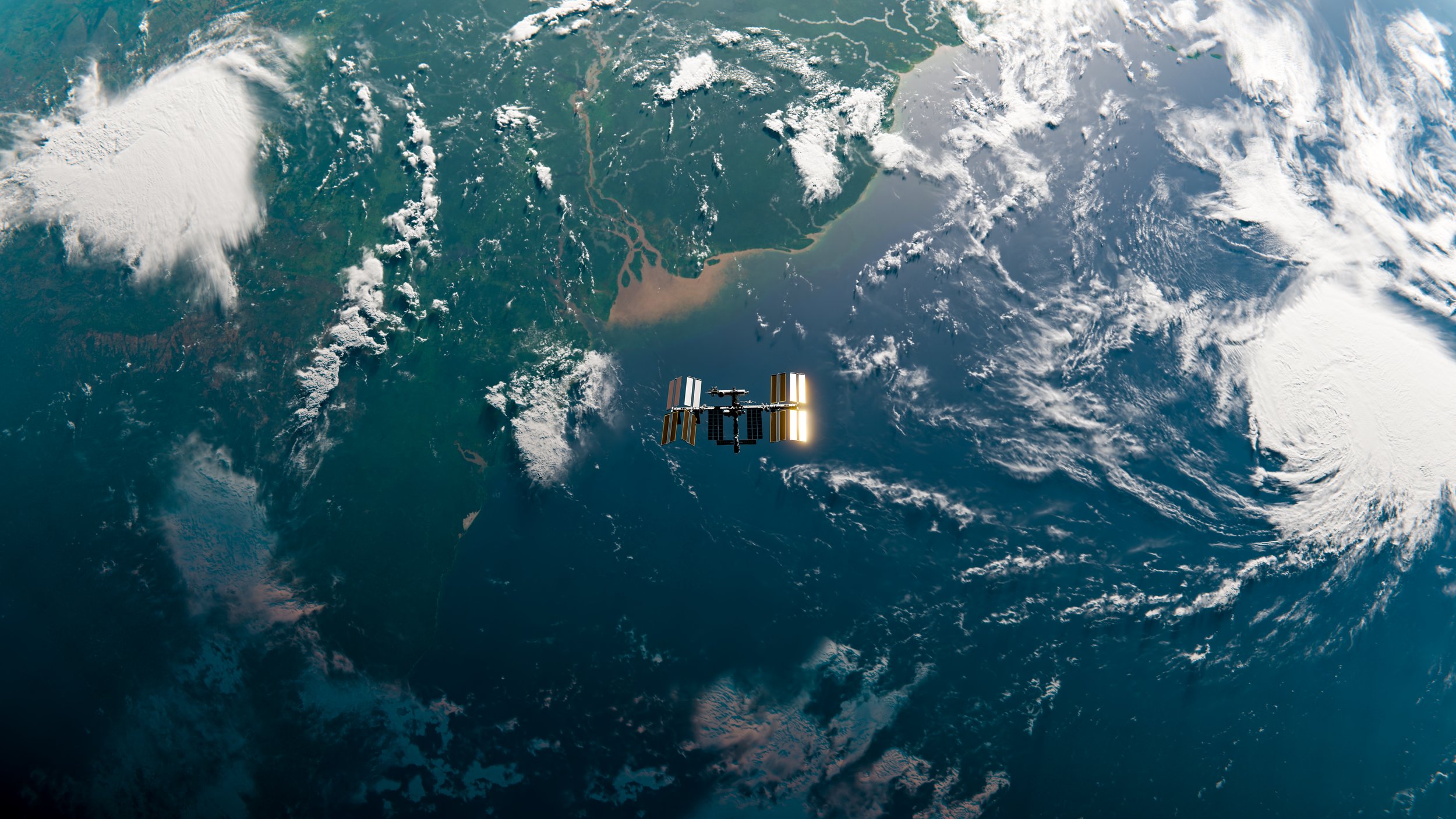
Enforcing Large Remote MPAs
Enforcing large scale, remote marine protected areas
Marine enforcement is a complex topic that is often misunderstood. This sometimes leads to concerns that large scale, remote, or otherwise complex marine zones cannot be effectively enforced.
This is not the case.
The data, tools, and methodologies are now widely available to support enforcement of any marine area, whether near shore, off shore, or on the high seas.
Traditional marine enforcement is typically seen as officers on a patrol vessel interdicting non-compliance at sea. This is the most direct but dangerous form of enforcement to which cost is a regular objection. Modern technology enables different approaches to enforcement that are more applicable in large scale or remote contexts. Such enforcement activities include:
Engaging flag state responsibility to request information on observed vessel behaviour
Engaging port states under the Port State Measures Agreement to request inspection of vessels suspected of non-compliance
Engage in bilateral agreements with regional port states where PSMA is not applicable
Engage with regional fisheries management organisations where marine zones intersect the high seas
Engage with seafood supply chain traceability systems to raise concerns with seafood buyers
International cooperation and information sharing (e.g. INTERPOL)
OceanMind’s objective is to transfer knowledge and capability to help local practitioners fully enforce their protected areas independently and in partnership with their peers. Whether this is through training workshops, in-depth capacity building programmes, technology delivery, or coaching and mentoring, it is the practitioners who decide what to draw on and when.
One of the best examples of enforcing large scale remote marine protected areas is the UK’s Bluebelt Programme, which protects over 4 million square kilometres of ocean in some of the most remote locations on the planet. The UK Overseas Territories are home to around 90% of the UK’s biodiversity, and host a huge range of unique and endangered species, some of which are found no-where else on earth. OceanMind is responsible for monitoring these remote locations using satellite data, AIS, and machine learning to help the UK Marine Management Organisation enforce their integrity.
Over the past 5 years, OceanMind has analysed over 500 million square kilometres of satellite imagery to ensure the enforcement of marine protected areas all around the planet, protecting thousands of species, and helping some of the most pristine marine regions flourish and thrive. There is no marine location too large or too remote to effectively monitor and enforce. The practices employed on the Bluebelt Programme can serve as a template for anywhere.
Yet every marine context is unique, so there are no one-size-fits-all solutions. This leads to requiring a wide range of data and tools to be available, and the ability to select from these for the specific context. This is why partnerships and collaboration are so vital. OceanMind works with a wide variety of data, technology, and service partners to ensure the best solution is employed for each situation.
To find out more Contact OceanMind today.
